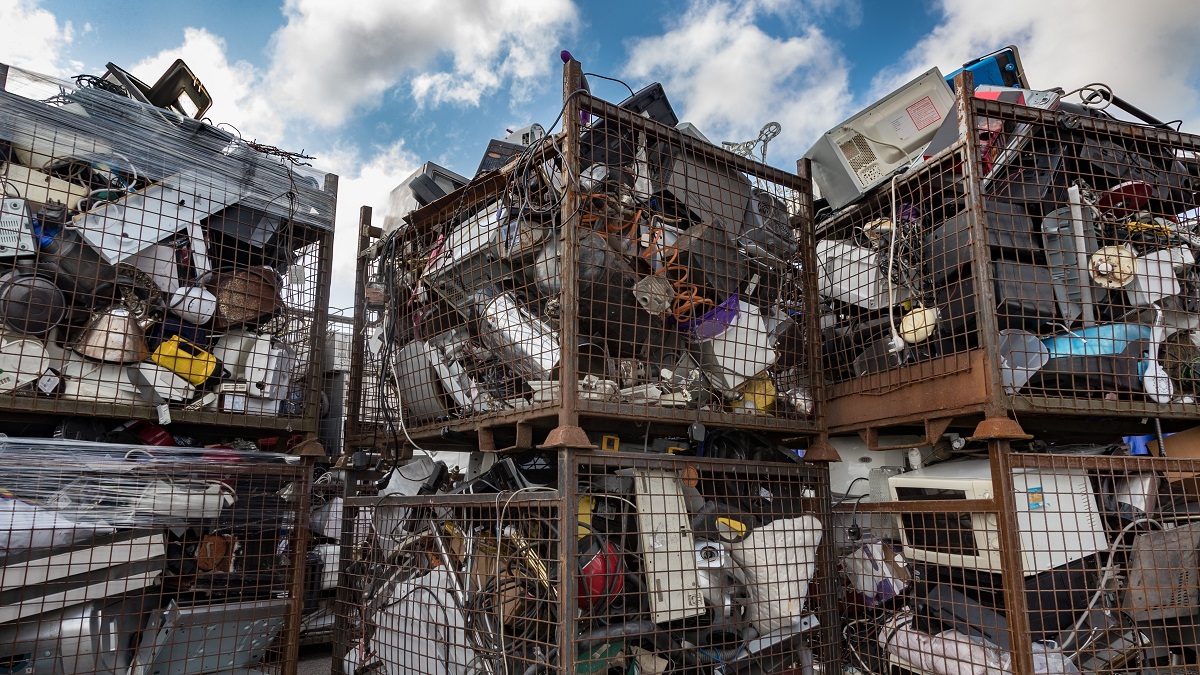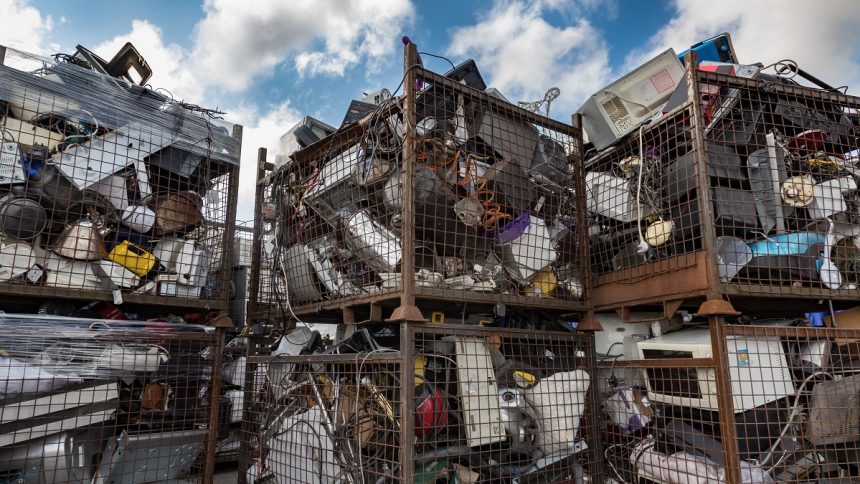
Electronic waste, or e-waste, accounts for over 5% of all municipal solid waste globally. Instead of ending up in landfills, these discarded electronic products can be repaired, reused, or recycled to recover valuable materials such as gold and copper. Recycling e-waste not only reduces the energy required to produce new products but also minimizes pollution and greenhouse gas emissions.
Common electronic products like cell phones, computers, TVs, and printers can be refurbished or recycled. However, despite the benefits of recycling, only a small percentage of e-waste is recycled worldwide. The U.S. alone loses billions of dollars annually by not recycling e-waste.
When e-waste is recycled, it is often exported to countries like China or India for processing. This poses health hazards to workers due to exposure to hazardous materials like lead and mercury. Despite the risks, e-waste recycling provides employment opportunities, especially in developing nations.
The recycling process involves separating plastics from metals and circuitry, followed by steps to extract valuable materials. The revenue generated by the electronics recycling industry is substantial, but challenges like declining material value and difficulty in recycling newer devices persist. It is crucial to leverage state e-waste recycling laws and community organizations to responsibly recycle electronic products.
Take initiative to recycle e-waste by finding local recycling resources. Organizations like Earth911 Recycling Search and Call2Recycle can help locate nearby options for recycling e-waste. By recycling e-waste, we can reduce environmental pollution, conserve resources, and create a positive impact on our communities and the environment.
About the Author
Wesley Poritz, founder of Big Sky Recycling, is dedicated to reducing e-waste through cell phone and electronics recycling. Big Sky Recycling emphasizes using profits for positive impact and offers a phone recycling program to donate cell phones for charity.
This article was originally published on July 13, 2020 and updated in August 2024.






